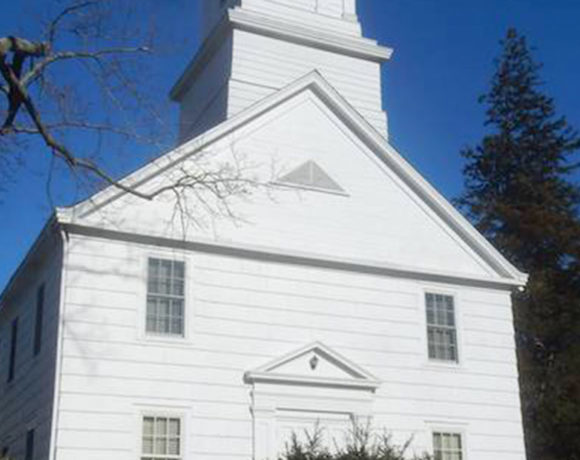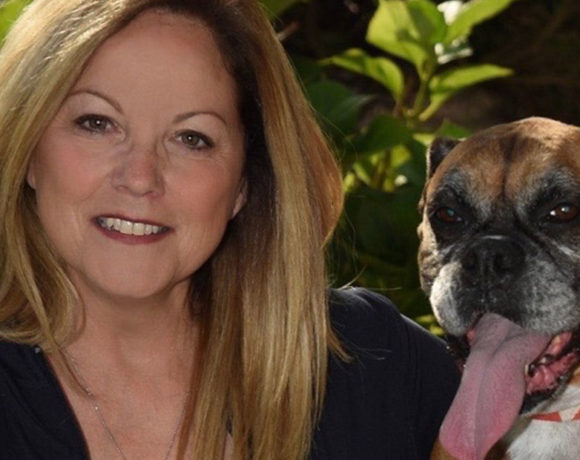The graying of America has been underway for some time now. Based on the latest data as reported in the Population Reference Bureau’s Population Bulletin, “Aging in the United States,” the number of Americans ages 65 and older is projected to nearly double from 52 million in 2018 to 95 million in 2060, and the number of very old people – those 85 and above – is increasing as well. Assisted Living and Alzheimer Care communities can fill a void for many families, providing specialized housing, activities, and care for people in their 70s, 80s, and 90s. For many Baby Boomers, the question is, “Where do I begin in selecting and determining the right Assisted Living community for my parent on Long Island?”
According to Assisted Living Locators Eldercare Advisor Mike McClernon, who owns the Assisted Living Locators franchise based in Glen Cove, New York which serves the Long Island, New York’s Nassau and Suffolk counties and a portion of Queens, “There are important steps to take to prepare for this important decision. It begins with an assessment of your loved one’s medical condition; any chronic diseases they have and related limitations, vision and/or hearing problems, problems with balance, memory loss including dementia and Alzheimer’s, and their overall ability to perform routine daily living activities such as grooming, dressing and dining without assistance.”
McClernon indicated that it is also important to know and respect the senior’s values in terms of social and recreational needs. “Just like the general population, some seniors prefer a quieter environment, whereas others thrive with more social engagement and activities,” added McClernon.
Geography is also a consideration. Often, an assisted living community, memory care facility or nursing home will be selected based on its reasonable proximity to other family relatives who want to visit their loved one regularly.
In addition to considering these factors prior to engaging a senior home advisor, it is helpful to have an understanding of the senior’s financial situation. If he/she has an estate planning attorney and/or financial planner, it is wise to contact that professional to gain this vital information. If the senior does not have an attorney or financial advisor, the senior home advisor can assist in helping to identify a professional with the right experience.
The senior home advisor will conduct a comprehensive discovery process to extract all of this critical information from the senior and his/her family. Having a family meeting in advance to gather some of the answers to these questions will help clarify and facilitate the best setting for the senior relative.
“Caring for an elder relative living independently can be a full-time job for a family member,” said McClernon. “When the time comes that the caregiver realizes that professional support is needed to care for their loved one, it becomes yet another challenging and emotionally-charged task to assume. It is our role as eldercare and senior home advisors to make this transition as easy and stress-free as possible. We know the various options – assisted living communities, memory care facilities, nursing homes and independent living – and also know each organization’s services, layouts and levels of care. We can help families make a decision that will give their loved one the most appropriate level of care and support and the life they deserve, while enabling family members to get back their lives.”
For more information, contact Mike McClernon at mikem@assistedlivinglocators.com.








Recent Comments